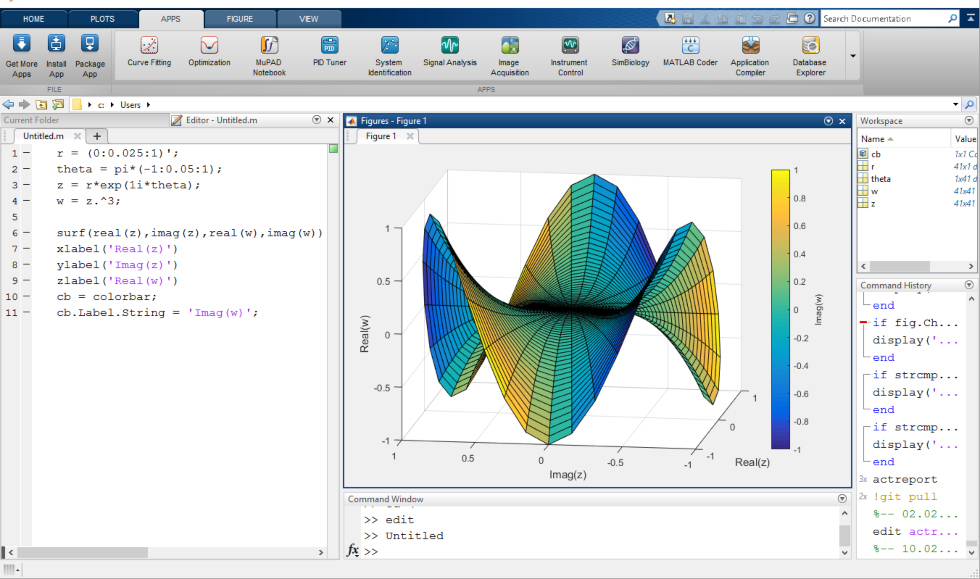McMaster offering access to key software platforms used by engineers, scientists and researchers around the world

Photo by JSchlosser/Creative Commons
As McMaster moves into a Fall term that is largely focused on virtual learning, the university is providing access to key software platforms that allow next-level experiences to all students, faculty, staff, and researchers at no cost to end-users.
MATLAB is a numerical programming environment that allows matrix manipulations, plotting of functions and data, implementation of algorithms, and integration with other software through an intuitive, customizable interface. Pavlovia allows users to dynamically host, share, test and conduct behavioural science experiments with other researchers around the world. Both platforms allow users to develop, design, collect data, analyze and visualize in a variety of research and teaching fields that span the entire campus.
“Access to technology and software are essential for the success of virtual education and pedagogical innovations,” says Ishwar Puri, dean of the Faculty of Engineering. “It is exciting that students and faculty members in the Faculty of Engineering and beyond will be able to use the MATLAB software from this fall onward. This is certain to enhance online teaching and learning at McMaster.”
Similarly, Pavlovia enhances the online teaching and research experience by allowing non-technical users to design their own experiments and modify other paradigms, enabling people to participate in research studies using any web browser.
“We’re pleased to offer students another interactive tool to support learning and experimentation,” says Maureen MacDonald, dean of Science. “I’d like to thank my colleagues Ranil Sonnadara and Bruce Milliken for their collaborative spirit and integral roles in delivering this software to the campus community.”
Unlimited access to Pavlovia and MATLAB is funded by the department of Psychology, Neuroscience & Behaviour within the Faculty of Science, and the Faculty of Engineering respectively. The pilot test includes access to Pavlovia for the next two years and MATLAB for the next three.
Both software licences were reviewed through the IT Governance framework, which focused on the cost-saving opportunities and streamlined the decision-making process to ensure the tools would be available without limitation.
The suggestion for a group licence for Pavlovia was initially brought forward by David Feinberg, an associate professor in the department of Psychology, Neuroscience & Behaviour.
“The group licence made it possible for undergraduate and graduate student research in many fields of psychology and behavioural science to continue at a low cost,” says Bruce Milliken, chair and professor in the same department. “This process allowed us to ask the right questions, allocate resources, and deliver technology that will benefit learning and research at the university.”
Interested in using MATLAB or Pavlovia? Access these software platforms here.

